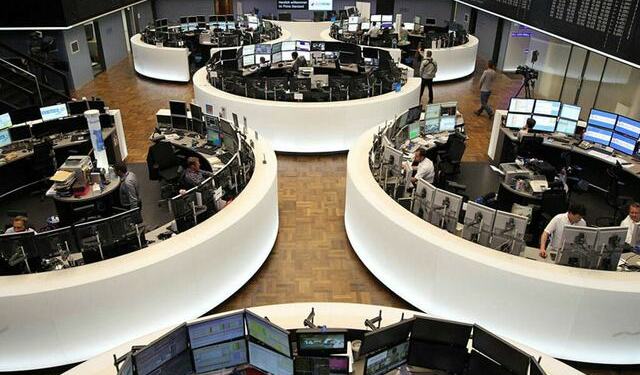LONDON: European equities dipped on Tuesday, taking cues from tech-led declines on Wall Street rather than building on stimulus-fueled gains in China, while the Australian dollar slid as the central bank suggested rate cuts were finally approaching.
The main scheduled events of the week are still to come, however, with US inflation data due on Wednesday, and a meeting by the European Central Bank on Thursday. With an ECB rate cut all but certain, investors will be watching for clues about its policy path. Also top of mind for investors in emerging markets was Brazilian President Luiz Inacio Lula da Silva undergoing surgery in Sao Paulo to drain a bleed on his brain linked to a fall at home in October, according to a medical note published by the government.
MSCI’s world share index was down 0.15% with Europe’s broad Stoxx 600 index off 0.3%, walking back some of its gains the previous day when news from China’s Politburo drove hopes of more accommodative policy in the world’s second-largest economy.
State media outlet Xinhua reported on Monday that top Communist Party officials had shifted the monetary policy stance from “prudent” to “moderately loose” ahead of the target-setting Central Economic Work conference this week, mirroring their response in previous crises Chinese bluechips,, which had closed before Monday’s announcement, rose 0.7% on Tuesday as did stocks in Japan and Korea, the latter up 2.4% helped by authorities’ vowing measures to stabilise markets in a bid to calm investors spooked by political turmoil.
Though Hong Kong stocks, which had a chance to react to the news on Monday, dipped on Tuesday, and the runaway rally in Chinese bonds, which extended on Tuesday to drive 10-year and 30-year yields to record lows suggests some investors doubt the pledges are going to lift long-run growth in China.
The Politburo meeting announcement, as it related to the policy stance, “adopted (the) strongest tone in decades,” said Chen Shujin, head of China financial and property research at Jefferies. However, she added: “We still see the market repeating the pattern from the beginning of the year, driven by expectation on potential stimulus, and dragged by lower-than-expected policies.”

Source: Brecorder




























